Faith societies have a “vital role” building cohesion on campus
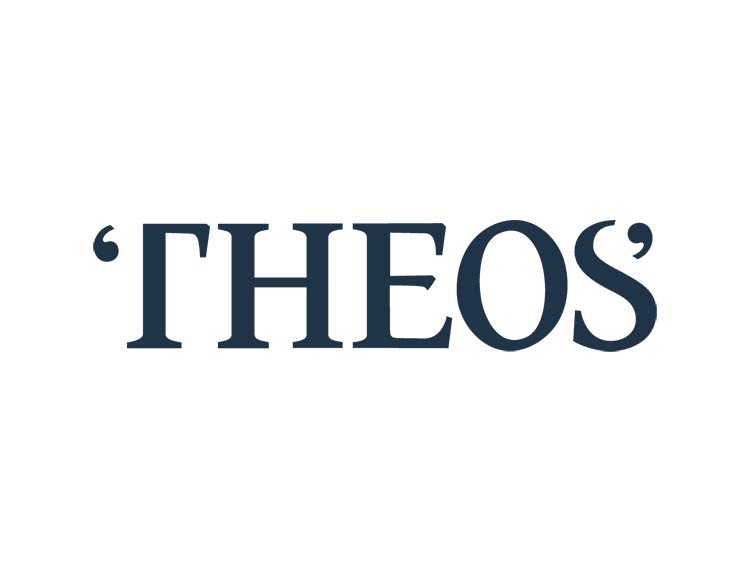
Students’ unions should appoint dedicated officers to work with religious societies and help faith groups work with people across campus, according to a new research report.
This is one recommendation from a report by Theos, Faith and Belief on Campus: Divisio3 July 2019n and Cohesion, which also found that tensions over practicing and discussing religious beliefs are rare amid generally peaceful campus relations.
This finding, drawn from interviews with students of all faiths and beliefs across a range of British universities, highlights a substantial gap between how people perceive free speech on university campuses and the reality for students on the ground. Exclusive additional YouGov polling conducted earlier this year for Theos found that after being shown a statement about freedom of speech in universities* more than half the British public (52%) agreed free speech is under threat at UK universities , compared to just 14% who disagreed.
The report also calls on faith societies to be more proactive about building relations with other groups on campus, including those not based in faith, and recommends university authorities are vigilant about safety for religious students and staff on campus in light of recent anti-Semitic and Islamophobic events.
Ben Ryan, Head of Research at Theos and one of the authors of Faith and Belief on Campus, said:
“You can’t fix issues on campus without working with students. This is why we talked to students who attend faith and belief societies at their universities, to understand the world through their eyes.
“We found that faith and belief societies represent at least 18,000 students in universities across Britain and Northern Ireland. These are exactly the sorts of spaces where people can think and talk together about big ideas, and find their feet in university life. They can also help build cohesion across campus – but they need a bit of support from universities and students’ unions along the way.
“These societies have a vital role supporting students and building networks across campus. This is about letting students speak and think freely, the very role universities have played for centuries.”
The report will be launched at an event on 4 July, where David Isaac, the Chair of the Equalities and Human Rights Commission, will deliver a keynote address on Freedom of Speech in Education.
In his address, Isaac will argue that “higher education institutions have a responsibility to be a bastion of debate and defender of free expression.” He will say:
“Universities can offer that experience while providing a safe place for students to practise their religion and beliefs. Student societies, and specifically religious and faith groups, are an asset to universities. They help provide a safe environment for students as well as a forum to engage in big ideas and conversations.”

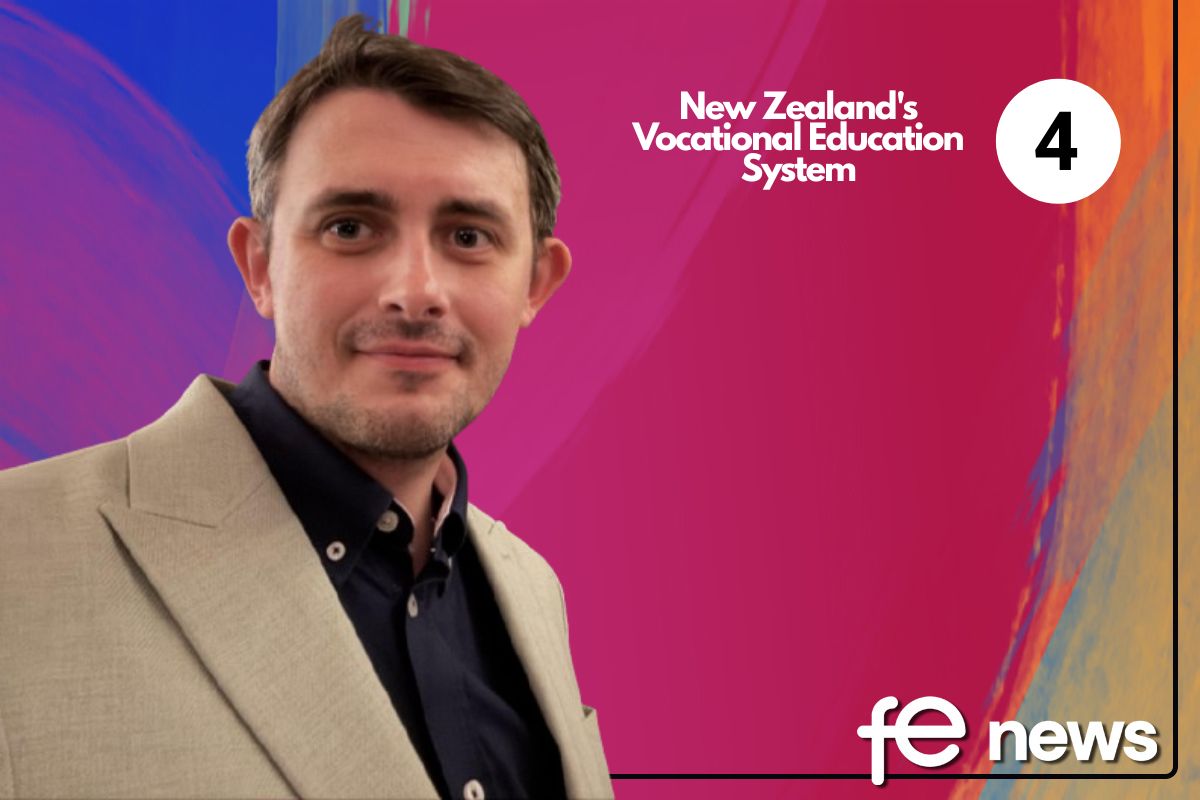
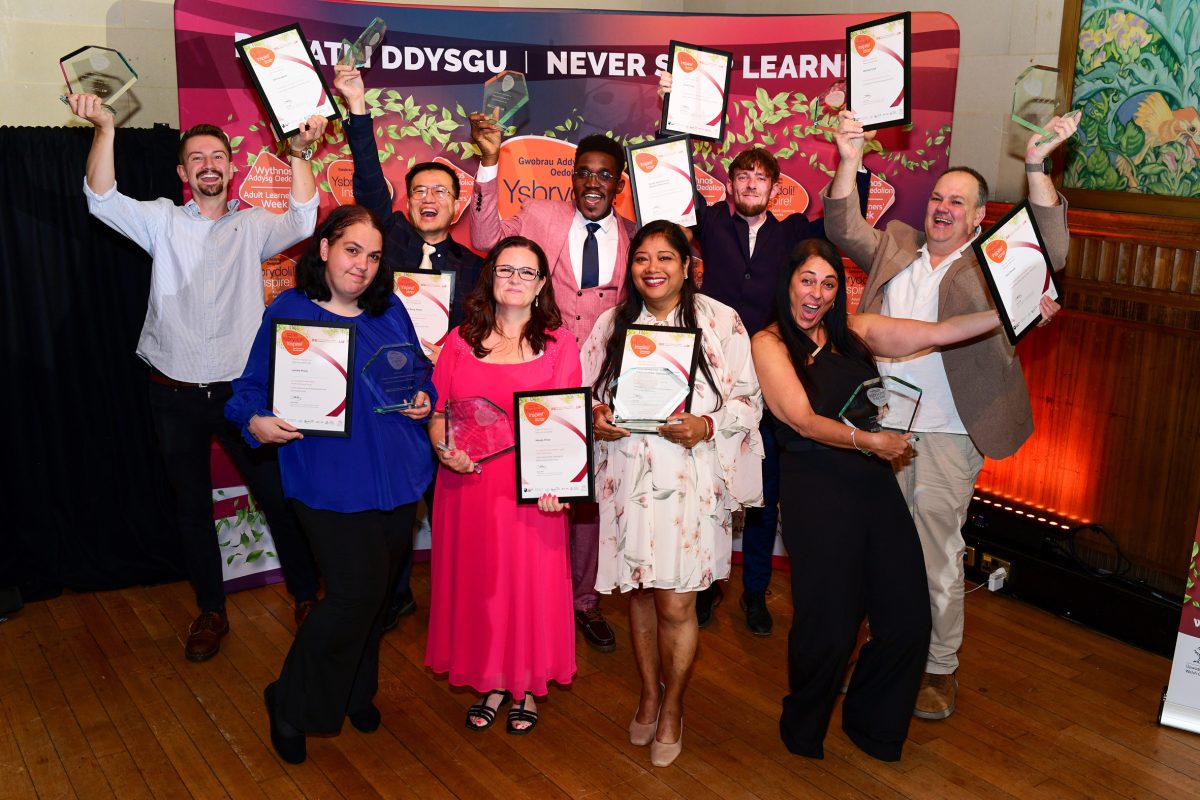
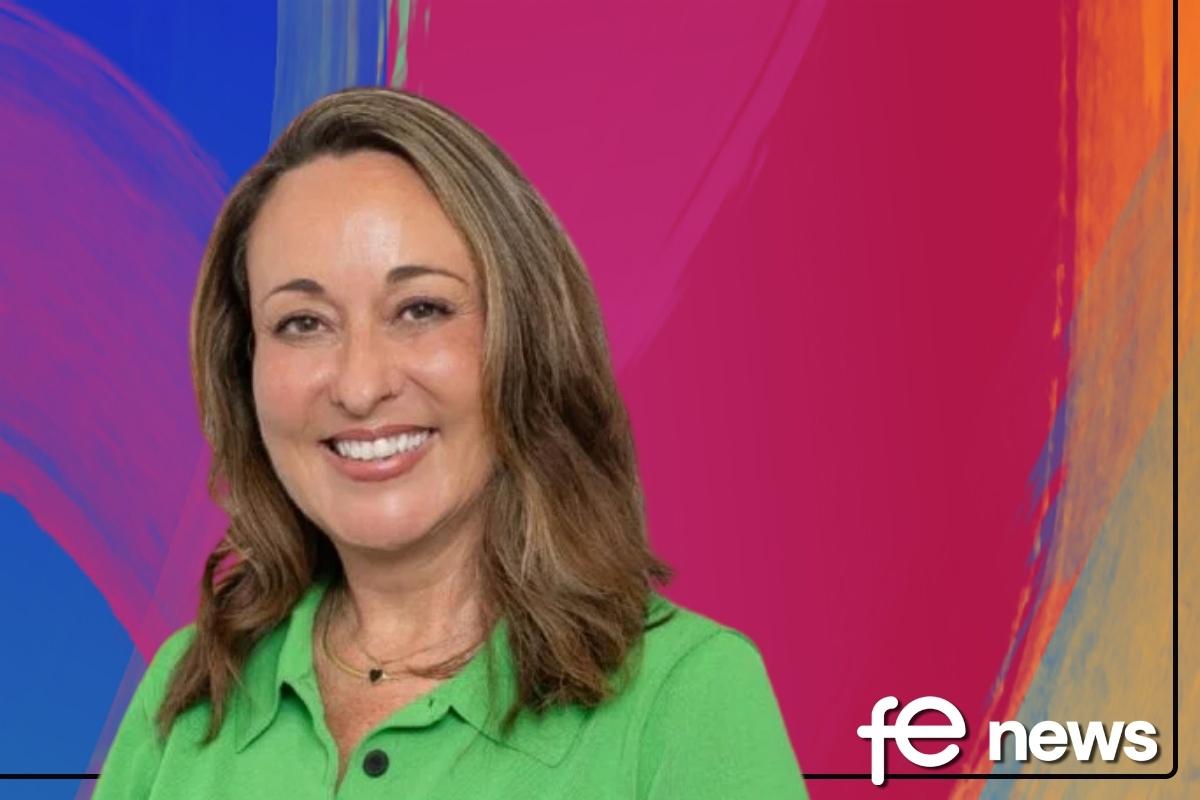
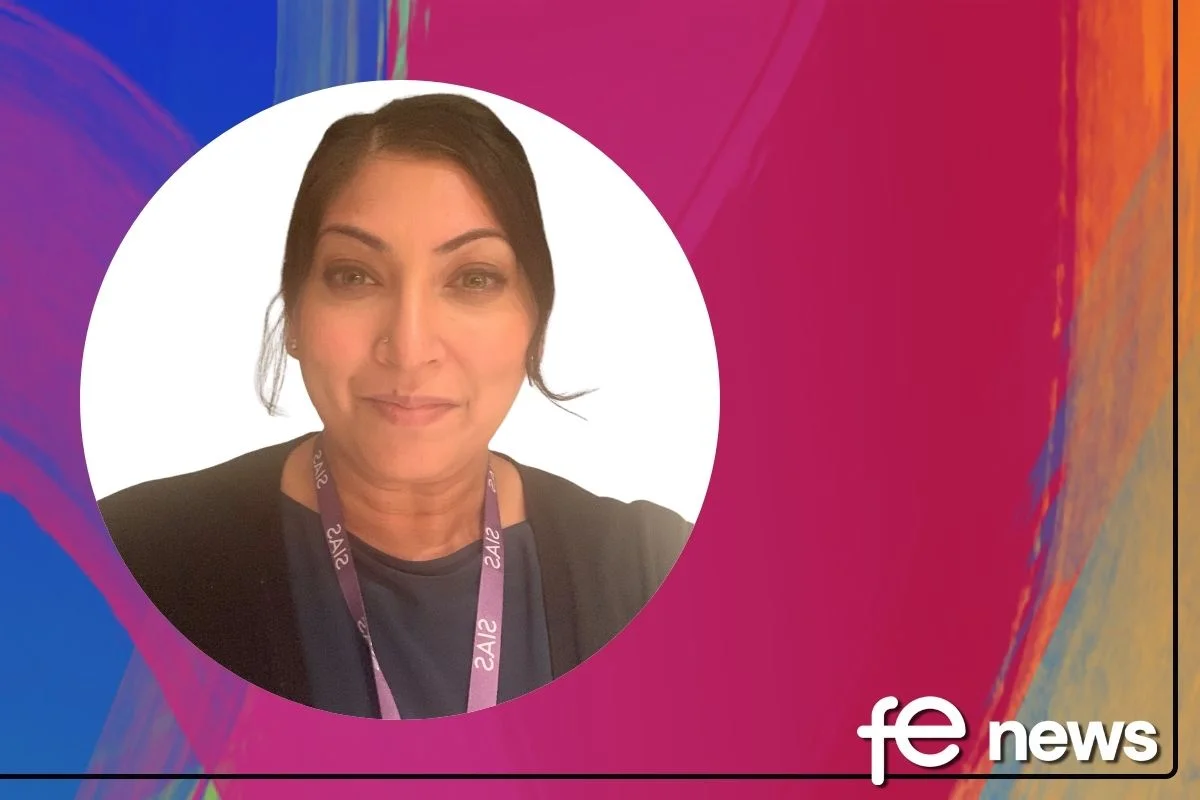






Responses